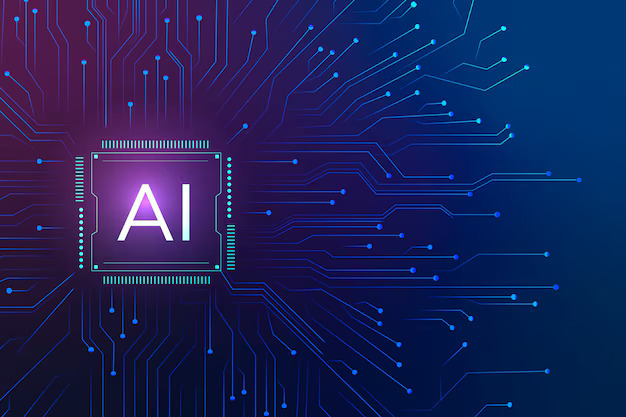The pursuit of artificial intelligence (AI) has become a driving force in the world of technology, capturing the imaginations of scientists, engineers, and the general public alike. At its core, the drive for AI stems from a deep-seated human desire to create intelligent machines that can augment and expand our own cognitive capabilities.
By developing systems that can learn, reason, and make decisions like the human mind, we seek to unlock new frontiers of knowledge, problem-solving, and discovery. The potential applications of AI are vast and far-reaching – from automating tedious tasks and enhancing productivity, to tackling complex global challenges such as disease, climate change, and resource scarcity. Proponents of AI envision a future where intelligent machines work in tandem with humans, amplifying our intelligence and freeing us to focus on more creative and fulfilling endeavors.However, the pursuit of AI also raises profound ethical and philosophical questions about the nature of intelligence, consciousness, and our relationship with technology.
As AI systems become increasingly sophisticated, there are concerns about issues such as algorithmic bias, privacy, and the displacement of human jobs. Navigating these complex challenges will be crucial as we strive to harness the transformative power of artificial intelligence in ways that benefit humanity as a whole.Nonetheless, the allure of AI remains strong, driving researchers, companies, and governments to invest heavily in this field, in the hopes of unlocking the secrets of intelligent systems and ushering in a new era of technological progress.

